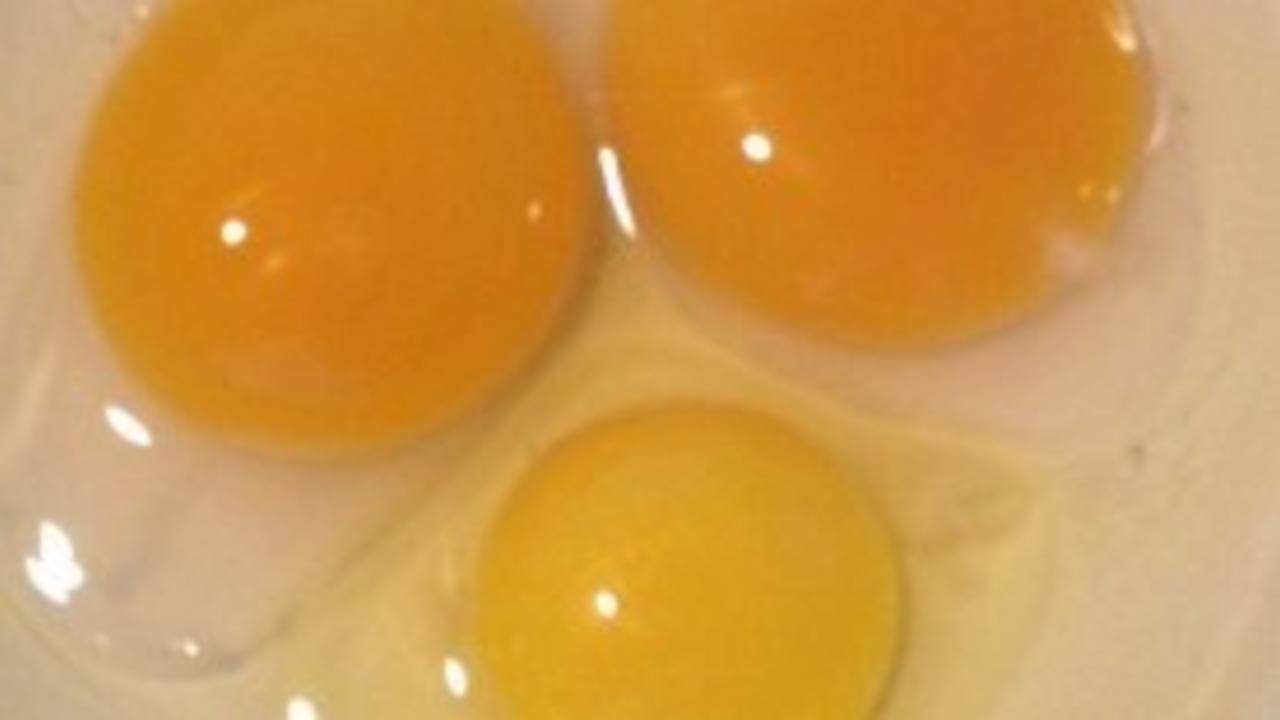What is the Difference Between Cage-Free and Free Range Eggs?

Know your egg labels! What exactly is the difference between cage-free and free-range eggs?
Well, honestly not much. These are just labeling terms that the food industry has been using to make their product seem superior to another. The best eggs you can buy are probably pasture raised eggs.
Eggs are a staple here in most people's homes today with approximately 250 eaten by the average American every year. The sad part for me is that I do not get to eat them that often. When I do, I have become a massive label reader. The problem is that labels are massively deceiving in what the say about how the chicken was raised.
This was a lesson that I had to relearn a few weeks ago. I have been buying organic “cage-free” and "free-range" eggs from whole foods for a couple of years, feeding them to Erin and the kids on a daily basis. I knew that cage-free wasn't caged free, but I thought that free range was a great equivalent to pastured at a lower price point.
Then I picked up some pastured organic eggs from my friends over at Local Yocal in McKinney, TX. I was fundamentally shocked when I accidentally compared the last “free range” egg to the first two pastured eggs that we used. Let's talk a second about what all these terms are defined as by the USDA.

I don't see a cage here?
Cage Free- This is the bare minimum of "natural" farming and a bit ridiculous if you ask me. When you take a look at what constitutes cage free, you might be a bit scared. I am surprised that most egg companies don't label all their eggs as cage-free. Because of the rule state that it can be labeled as cage-free as long as the hen is not confined to an individual cage. The problem is that most of these commercial farms are homes to thousands of hens and housed in conditions that may be considered cage-free but are significantly less than ideal or natural.
Free Range- Isn't all that free to range the open fields as we would suspect. The guidelines do not specify the amount of time the hens must spend outdoors or the amount of outdoor space each hen must have access. They don't even specify that the hens have to have even access to a pasture diet! What happens most of the time for this label is that the hens are let outside for a few minutes a day but still fed a diet of corn, soy, and cottonseed meal. Which is a far cry from what they should be eating, things like grubs, worms, and insects?

This is what we all think of when we want cage free.
Pastured- On the other hand is allowed to forage for its food and only supplemented when needed. They are from hens that roam freely outdoors on a pasture where they can forage for their natural diet, which includes seeds, green plants, insects, and worms.
So hopefully this will help. You probably should be buying your eggs from a local farmer or from a store that you trust to deliver truly pasture raised eggs! If you have questions that you want to be answered please send them to DrJJ@drjjgregor.com, and I will get them answered as quickly as possible.
Stay connected with news and updates!
Join our mailing list to receive the latest news and updates from our team.
Don't worry, your information will not be shared.

